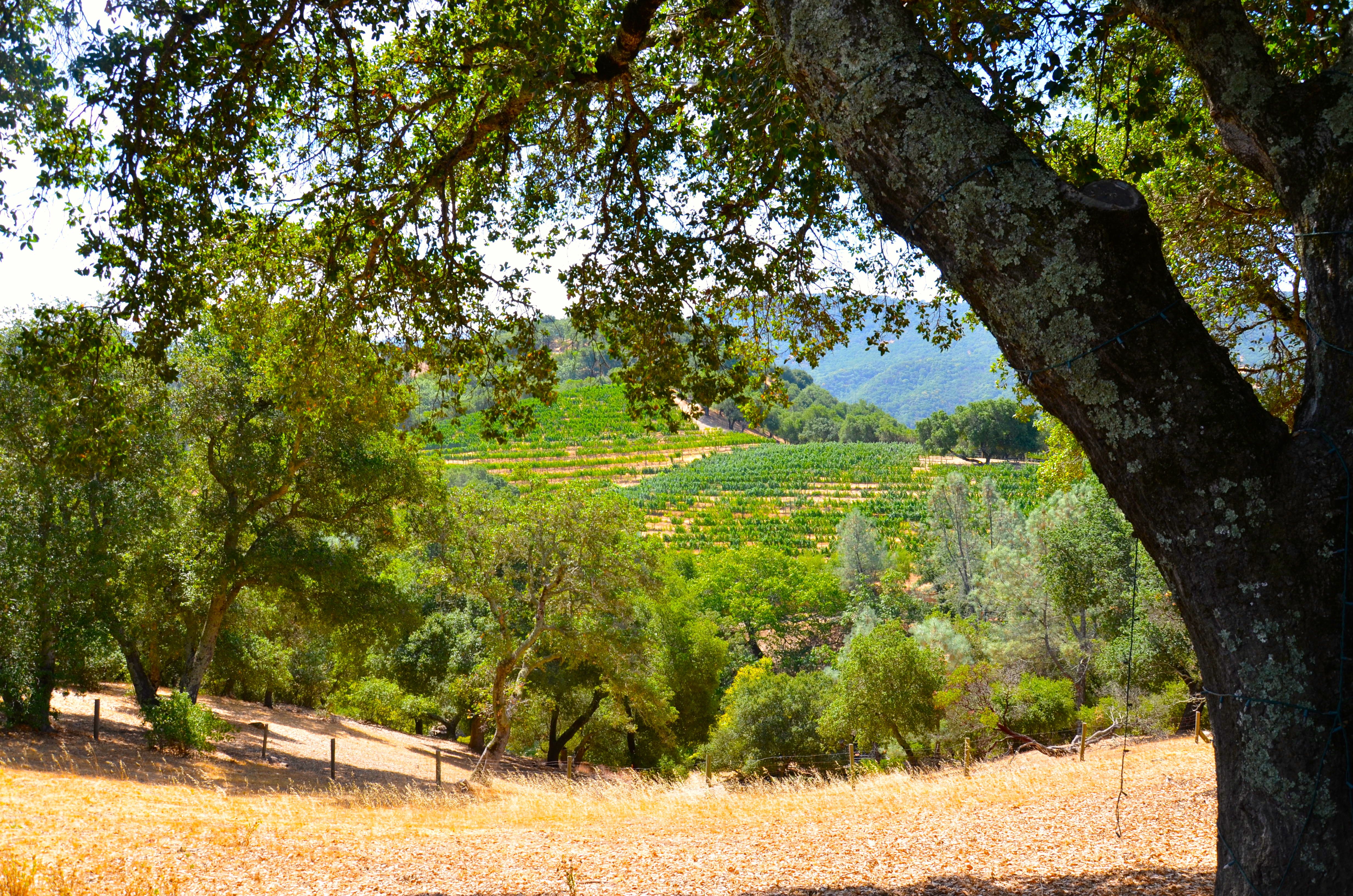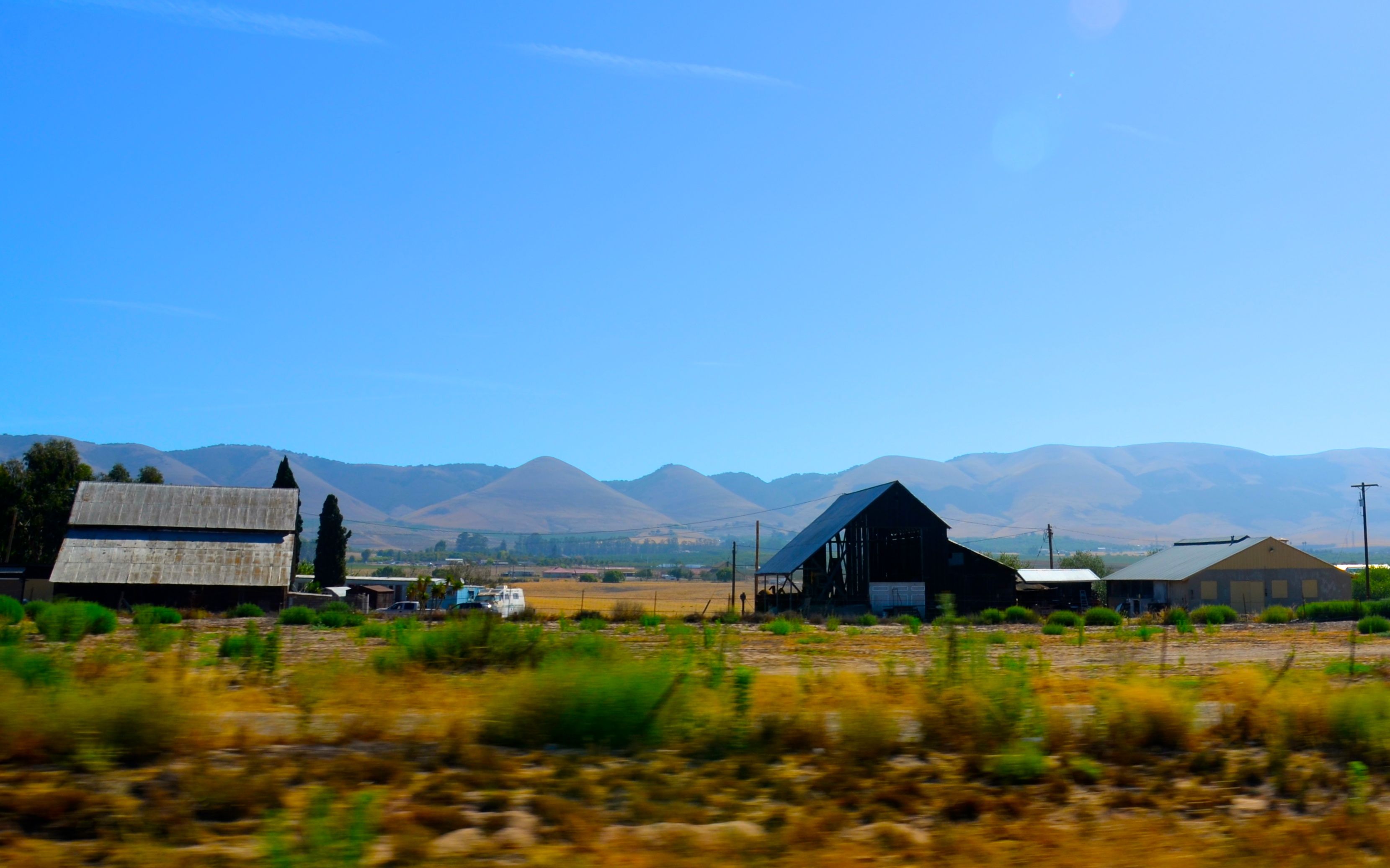“I wake up every morning and say to myself, ‘Son of a bitch, I’m still alive.'”
It was the farmer, John Dittlesby, who said this between falsetto snivels of his wicker rocking chair. Before that he sat in silence, staring at an upturned floorboard on the porch that wrapped a dilapidated half-circle around Dittlesby Ranch.
“Well, whenever you can’t say it anymore, then you’ll know,” Benjamin Dittlesby replied with just the right amount of aloofness for a son who often dreamed his father dead.
The morning had been particularly ominous (to say the least), an ideal setting for a good John Dittlesby mope. But now in late afternoon, thunderclouds no longer coagulated overhead, and the dark gray that once smothered any hopes for a bluish sky had all but disappeared.
“It’s a bloody crime of nature the rain didn’t last,” said John, rubbing at the eye that worked best, a squinty green-brown thing barely seen beneath deep wrinkles and a wildly overgrown eyebrow. His hand moved to his aquiline nose on which blackly clogged pores and sepia liver spots had taken permanent residence. Inside his right nostril, he found what he was looking for: The longest nose hairs grew from that fertile spot with wild aplomb. And so went his afternoon twisting and untwisting the hairs from single strands to entwined rope (and back again), bound by nothing but saliva and snot beneath the sun.
Benjamin would’ve told his father something – anything – to fill the creaking-chair, nose-picking quiet between them but what good were words when there were none left to be said? He preferred romantic literature and European history; the old farmer spoke languages of soil fertility gradients and small grains, knowing nothing of worldly matters until Benjamin asked the forbidden question about leaving his farm. Then, he was practically a scholar of public affairs and the written word.
were none left to be said? He preferred romantic literature and European history; the old farmer spoke languages of soil fertility gradients and small grains, knowing nothing of worldly matters until Benjamin asked the forbidden question about leaving his farm. Then, he was practically a scholar of public affairs and the written word.
“Leave this beautiful, respected, riches-of-the-earth farm? Are you insane?” His father would say, feigning blazes of indignation Benjamin knew his apathy would never allow. “The unemployment rate for someone your age is astronomical – sixteen point three percent for the twenty-something set just last quarter. There’s no way you could survive out there. And you’re way too tall to work a regular job. How do you expect to be hired if you won’t fit through those shiny glass doors? I can’t imagine they even need six-foot-six redheads in the big city. Of course, there’s also my promise to your mother that I’d be your absolute legal guardian … indefinitely. I hardly think that means feed you to the minimum-waged wolves! Is that really what you want?”
Yes, please.
Sometimes Benjamin wondered if his father’s knightly duty to protect was more fabrication than fact, because in brief conversations about his mother there were hints John barely knew her at all:
“What color was her hair?”
“A sort of black-like blonde.”
“Where was she born?”
“In that place with the weather.”
Late at night in hushed darkness, Benjamin imagined his beginnings to be tragic and wonderful: His mother probably left him as a baby on the doorstep of Dittlesby Ranch because she had been a poor orphan or an unlucky prostitute who happened to hear from some day-laborers that Farmer Jonathan possessed a soft spot beneath the manure and mud. Or not.
 Still, the lies John told to protect whatever truth he knew allowed Benjamin to endure against the grain, and formed the only scraps of evidence that his maybe-father cared for his maybe-son.
Still, the lies John told to protect whatever truth he knew allowed Benjamin to endure against the grain, and formed the only scraps of evidence that his maybe-father cared for his maybe-son.
But life on the farm was far from blue skies and peachy trees. If Benjamin ever dared to step beyond Dittlesby land, he felt the wrath of Jonathan’s belt or the blunt end of his rake. As a young boy, this was his secondary education. The belt taught him about the weakness of knees while the rake explained why cheeks were tender to the touch.
Most of the townspeople were kind enough to Benjamin whenever they saw him shopping for Hostess cupcakes or returning a book at Southhill Library, though their kindness – like the town itself – had its limits; the wheat-starved citizens would always be most loyal to the hand that fed them. It was impossible for “Runaway Benny” to get any farther than the fish market at the end of Spintbottom Street before a stern hand dragged him home. Long ago Benjamin understood that only in the loss of John Dittlesby’s life would he have a chance to gain his own.
So he set his un-Dittlesby gray eyes to the sun-kissed fields before him and thought about the fickleness of the stalks; how they stayed still and stoic in the August heat one moment then lilted happily to an unseen wind the next as dusky light performed unpracticed pirouettes between the wisps of g rain. One day, he would see this scene no more but until then Benjamin finally knew what must be done. He would persist and he would listen: to his maybe-father crunch up nose hairs, to the wicker rocker as it squeaked, to the whispers of wheat that told him he must forget John Dittlesby and just breathe because son of a bitch, he was still alive.
rain. One day, he would see this scene no more but until then Benjamin finally knew what must be done. He would persist and he would listen: to his maybe-father crunch up nose hairs, to the wicker rocker as it squeaked, to the whispers of wheat that told him he must forget John Dittlesby and just breathe because son of a bitch, he was still alive.


Will never look at wheat the same, or nose hairs even. You coud write about sand and make it interesting. I delight in Blue Love!